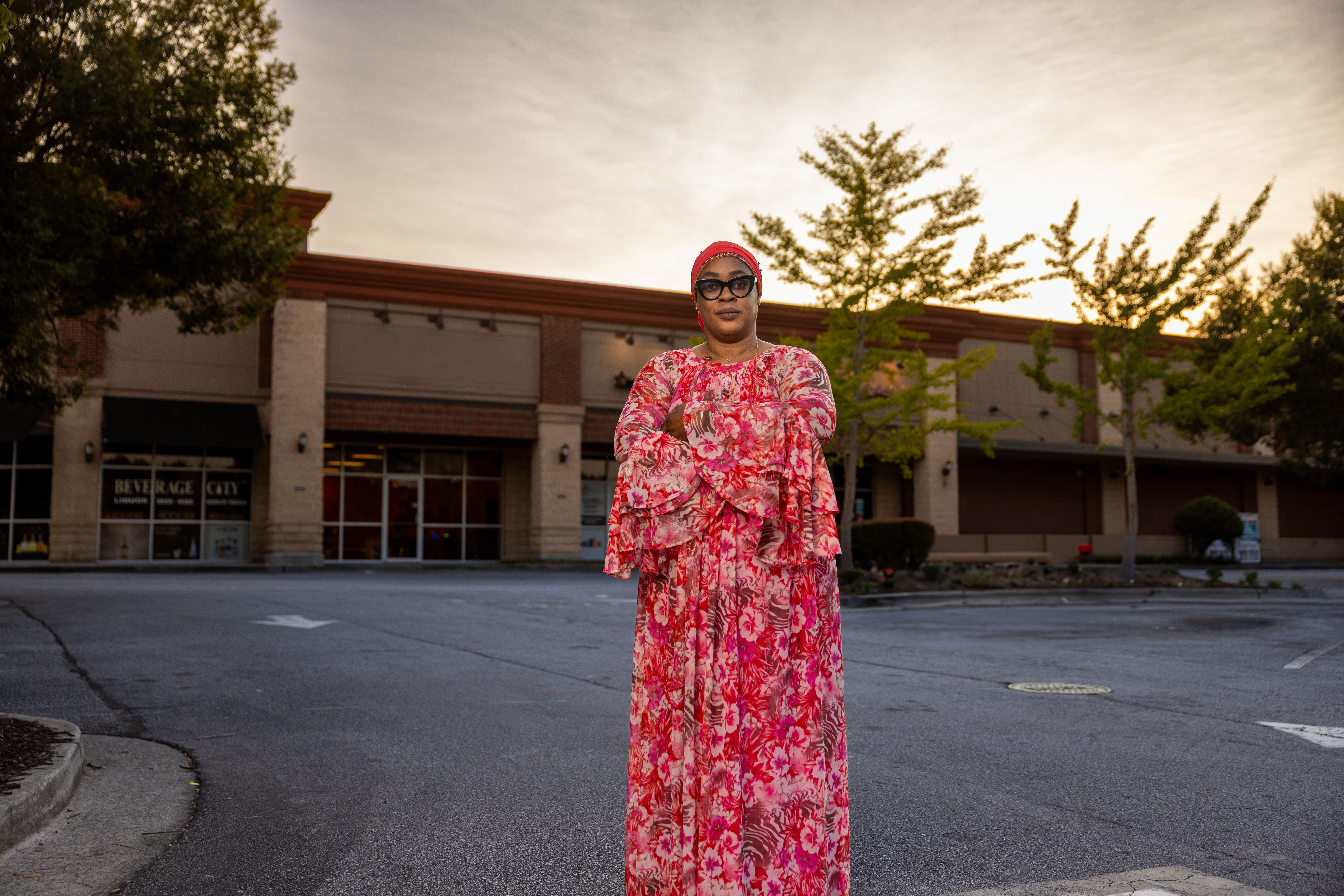African immigrant Awa Diagne has hair braiding skills. She might be too good. When she tried to set up shop near her home in South Fulton, Georgia, city officials denied her permit because they worried she might take customers from an established salon in the same shopping center.
“It is not fair for small businesses to have to compete with someone right next door to them,” Councilwoman Carmalitha Gumbs said during a public hearing on July 9, 2024.
Officials normally try to hide their agenda when picking winners and losers in business. Protectionism—favoring one player over another—is not a legitimate government interest. Yet Councilwoman Helen Willis repeated the city’s intent two weeks later at a follow-up meeting.
“We don’t want any business to suffer any losses due to an oversaturation,” she said. Her message for Diagne was clear: Find a different spot where “no one is competing against you, and you’re not competing against anyone.”
Willis suggested a one-mile buffer zone. That way, no rival would have to worry about Diagne’s 30 years of experience braiding hair in Atlanta, where she raised six children after moving from Senegal and getting married.
Diagne could have kept her salon in Atlanta. But her situation changed in 2021, when her husband died during a COVID hospitalization shortly after the family moved to South Fulton. Suddenly widowed, Diagne needed to work closer to home, so she could juggle her dual roles as a provider and caretaker.
She found the perfect spot between her home and her daughter’s school. Diagne signed a lease, paid a deposit, and invested thousands of dollars in rent and renovations before the City Council blocked her plans with a 4-3 vote.
This rejection should not have occurred. The Georgia Constitution recognizes a person’s right to earn an honest living, which includes the right to run a business. The Supreme Court of Georgia upheld this principle in 2023, when it struck down excessive restrictions on lactation consultants. On top of all this, Georgia lawmakers specifically exempt hair braiders from occupational licensing, a common barrier to starting a business.
South Fulton sidesteps the constitutional and legislative provisions with exclusionary zoning laws. Council members claim to support small business. But they use their power to block any enterprise they dislike, which is a long list.
In 2023 the city stopped Keila Smith from opening a home day care after she invested $60,000. The reason? Smith lives in an agricultural section of the city and not a residential zone. In 2022 the city shut down a bar and grill operated by Nina Martin after the zoning police claimed she had lost her grandfathering rights.
More recently, South Fulton turned away Dianell Parker when she tried to expand her beauty salon to a second location. Parker found an empty retail space, signed a lease, and started making improvements. But when she applied for a special use permit, the city shut her down like Diagne.
“We don’t want the same usual nail salon, chicken shacks, and barbershops,” Councilwoman Willis told a local news station.
Apparently, South Fulton prefers vacant retail space. But rather than go away quietly, Diagne sued the city for violating her constitutional rights on Aug. 22, 2024, in the Superior Court of Fulton County. Our public interest law firm, the Institute for Justice, represents her. We also represented the Georgia lactation consultants.
Lower-income professionals—the type of people South Fulton opposes—tend to make easy targets because they lack resources to fight back when the government abuses them. Cities might prefer trendy companies like tech startups, yet communities need basic service providers.
Communities also need competition. An abundance of choice keeps prices low, fosters innovation, and punishes complacency. If a company fails to keep pace with changing market demands, customers can go elsewhere.
South Fulton wants the closest option to be at least one mile away. But people like Diagne have a right to set up shop anywhere reasonable, regardless of who operates nearby. Burger King can build next to McDonald’s. Starbucks can build next to The Coffee Bean. And Publix can build next to Whole Foods.
The zoning police should not interfere without good reason. Protectionism does not count.
Renée Flaherty is a senior attorney and Daryl James is a writer at the Institute for Justice in Arlington, Va.


